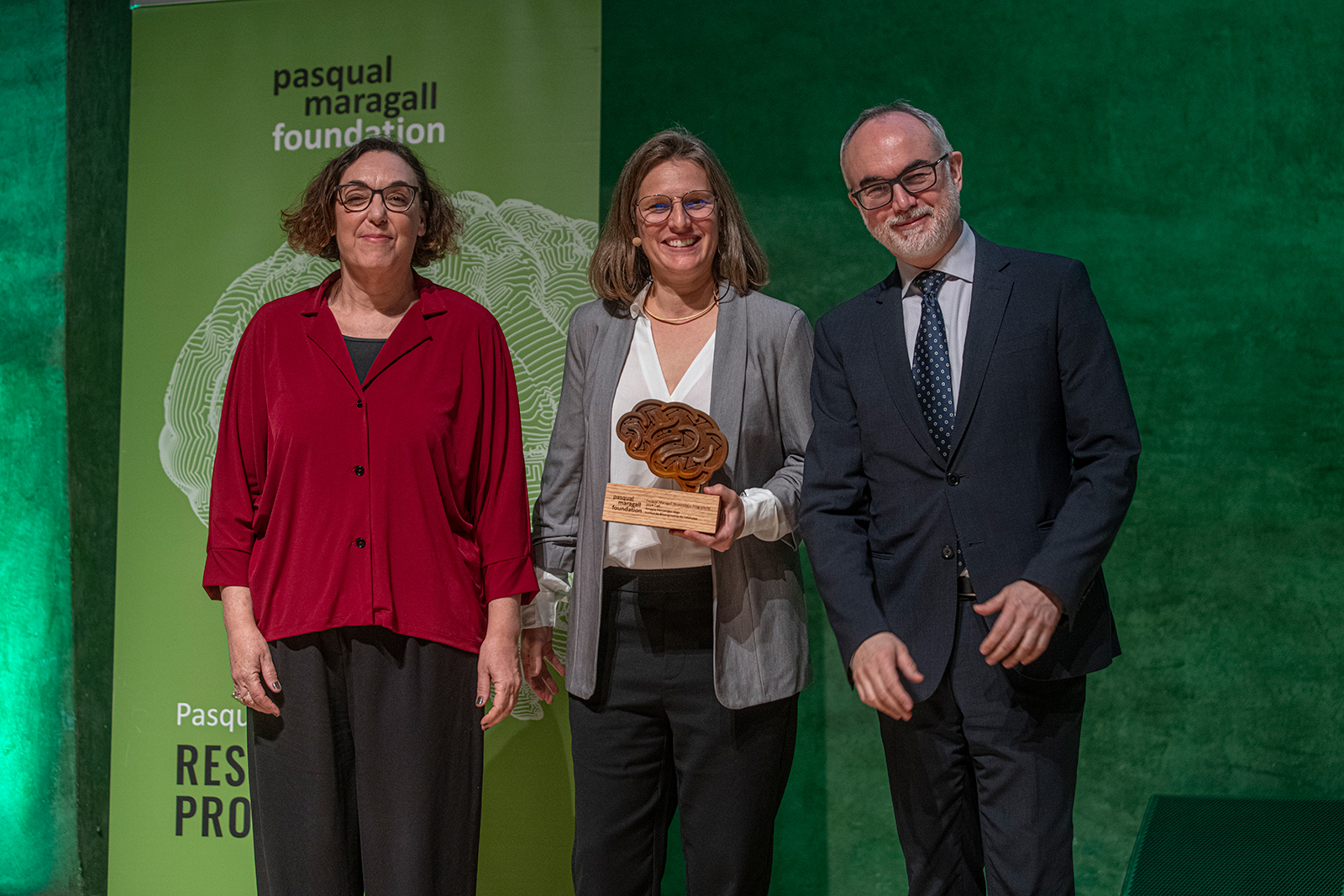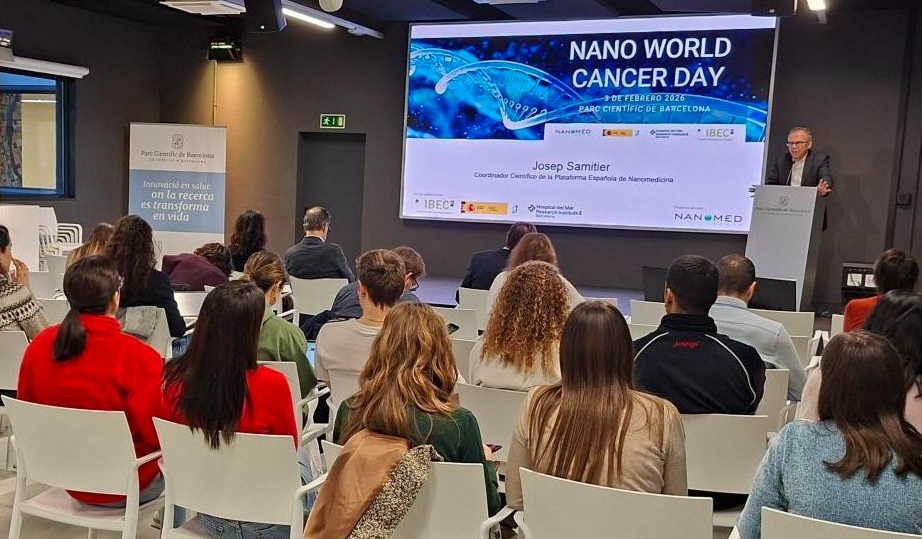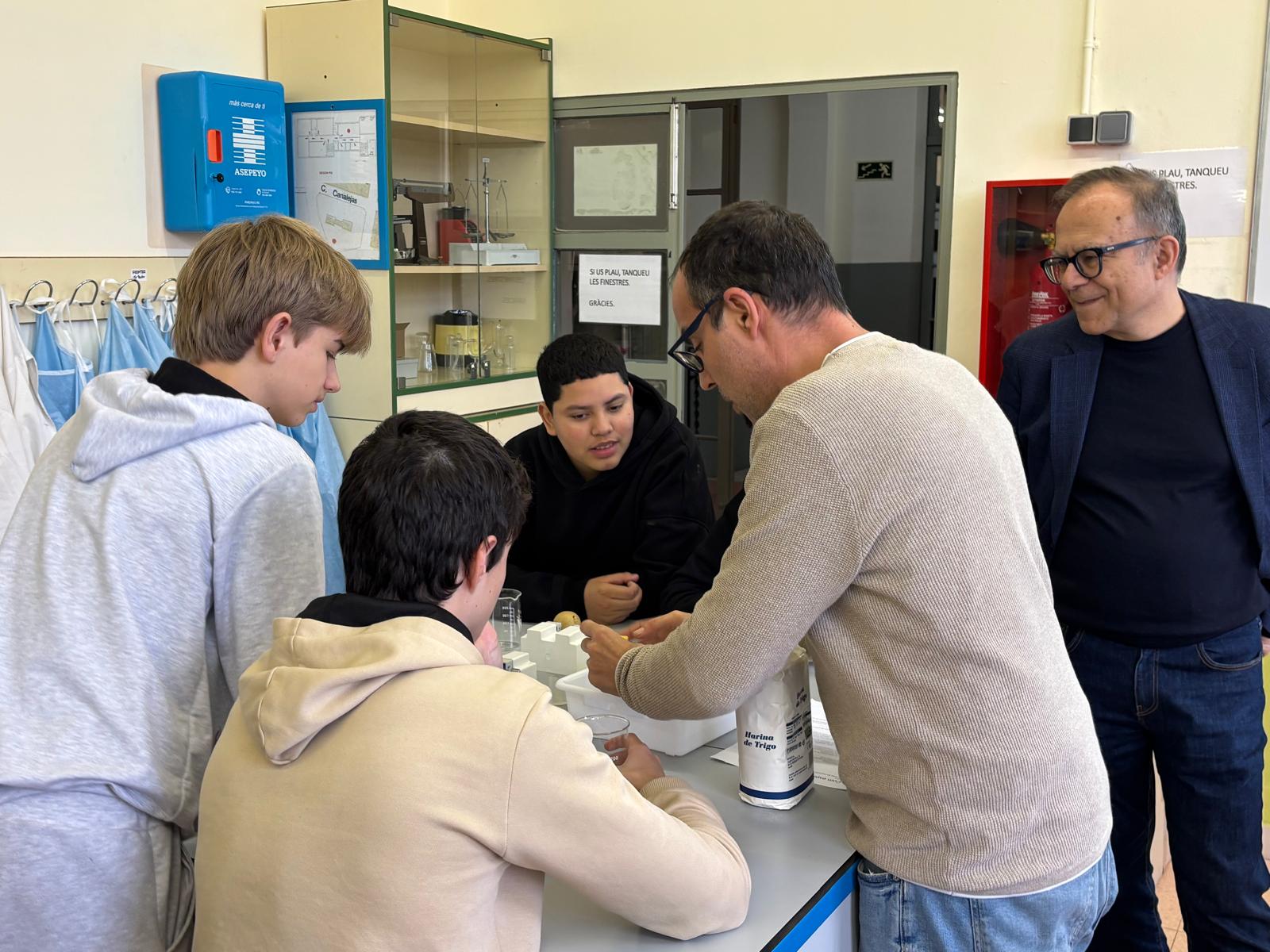Amayra Hernández-Vega receives a grant from the Pasqual Maragall Foundation to advance research on the early stages of Alzheimer’s
IBEC researcher Amayra Hernández-Vega has been awarded a grant from the Pasqual Maragall Researchers Programme to lead a project focused on studying the earliest stages of Alzheimer’s disease. The study will combine in vitro and human models of familial Alzheimer’s disease to identify age-related factors and potential inhibitors that could slow the early progression of the disease. The project was presented at an informative session on sleep and brain health, which was attended by around 500 people.




